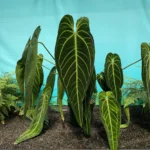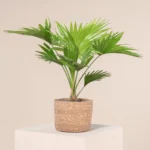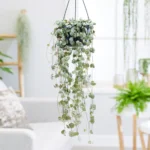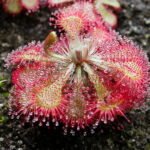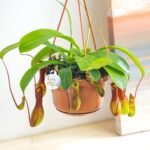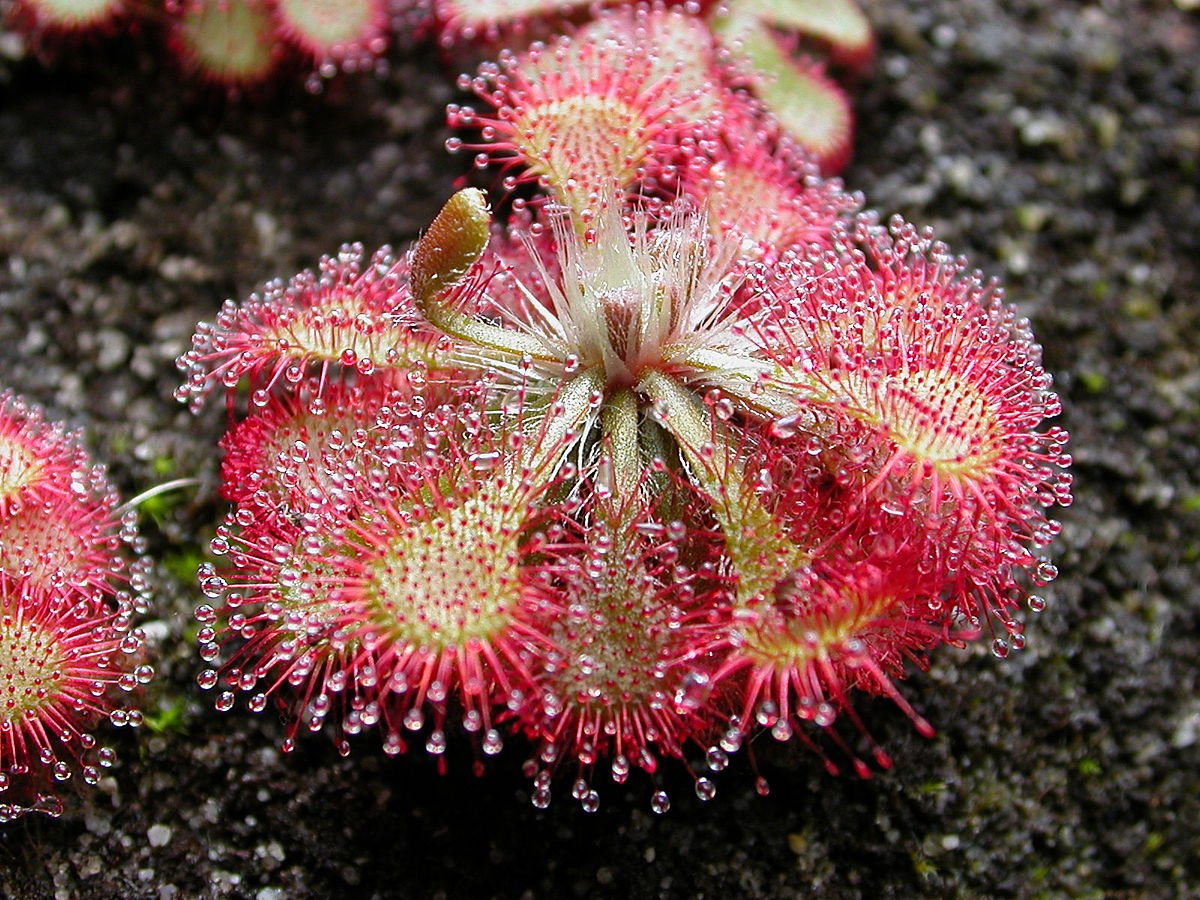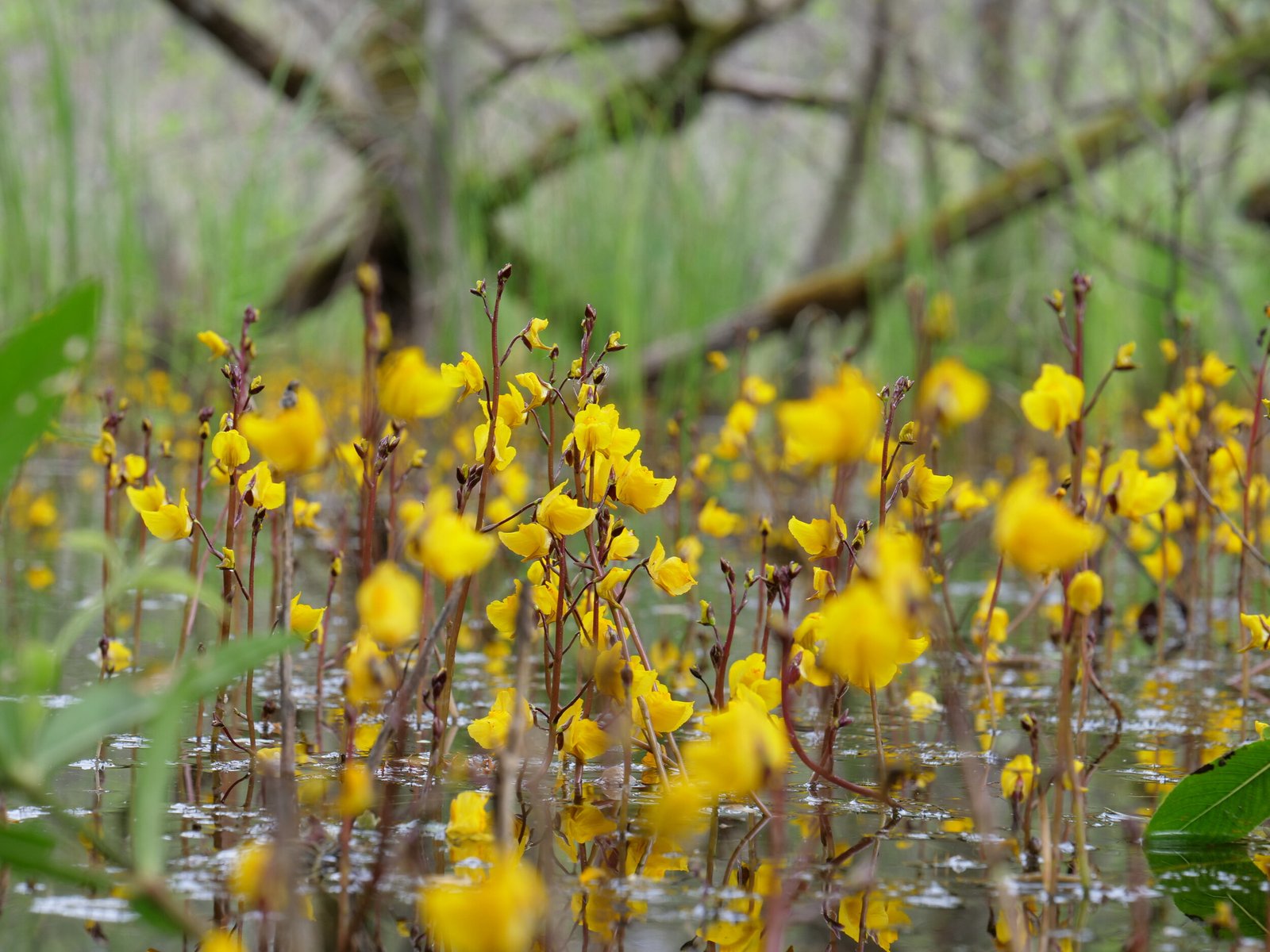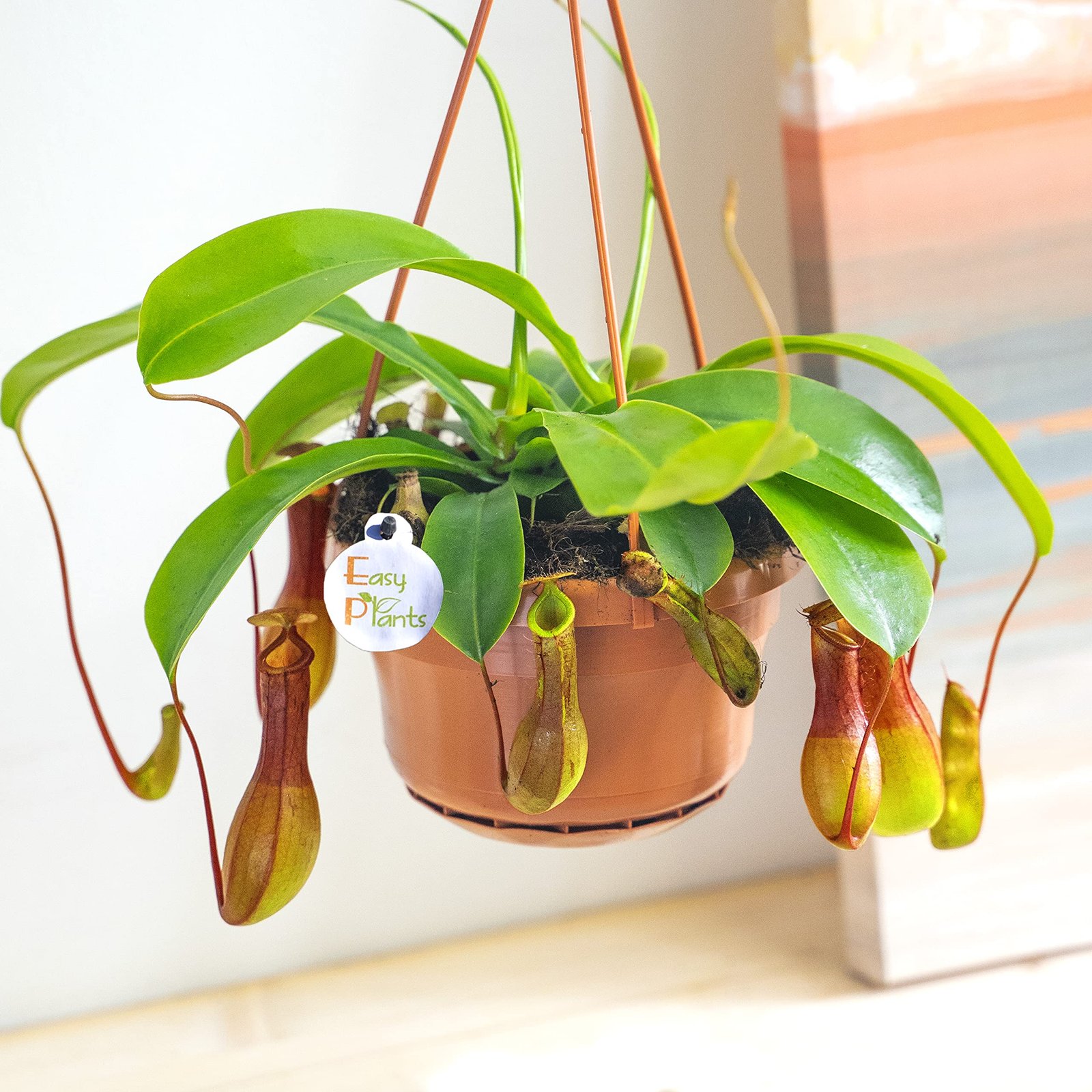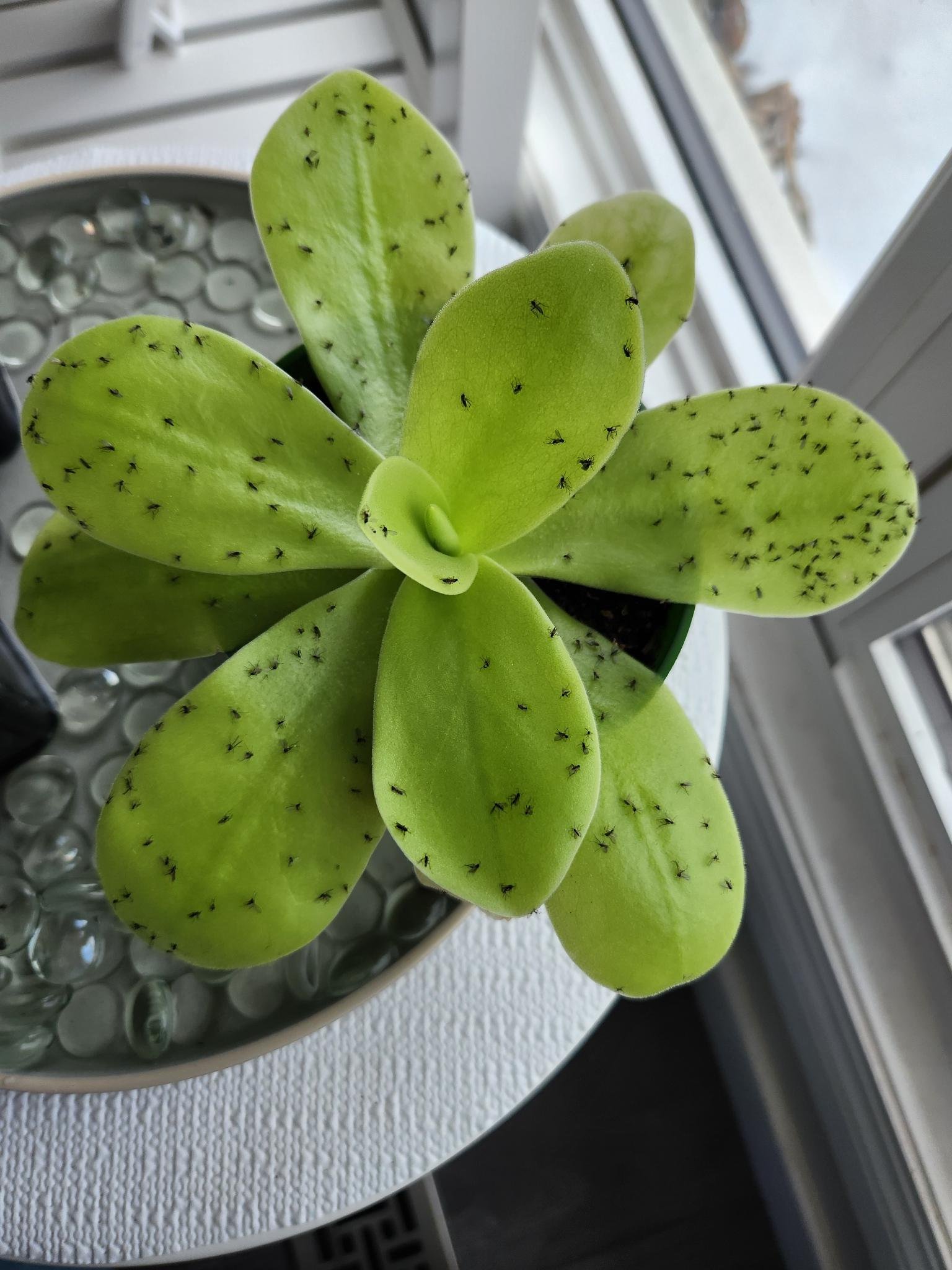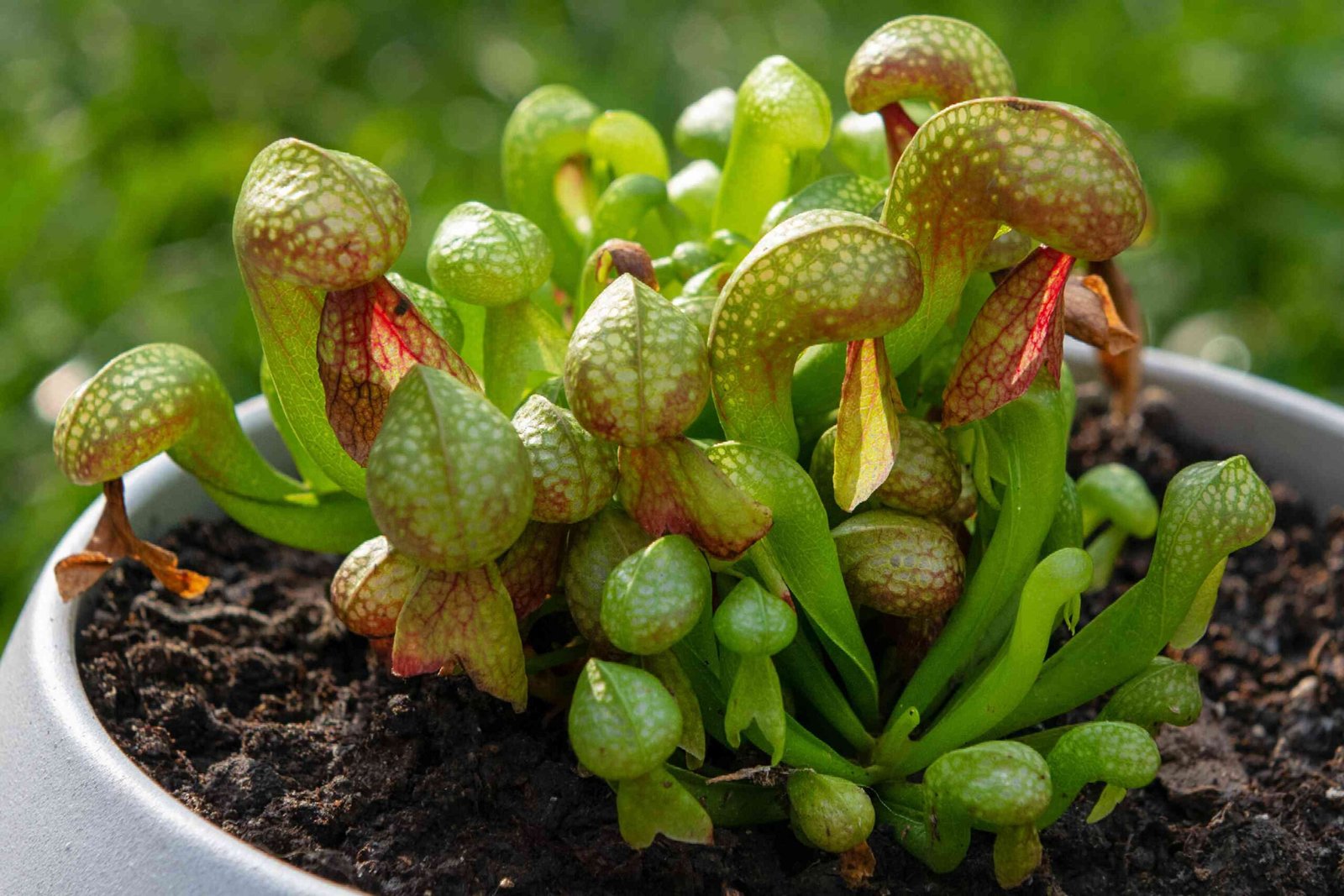Cultivating the Intricate Beauty of Australian Sundew: Expert Tips on Care, Propagation, and Conservation
Introduction
The Australian Sundew, belonging to the genus Drosera, is a mesmerizing carnivorous plant known for its sticky, glandular leaves that trap and digest insects. Native to Australia, these plants thrive in nutrient-poor soils by capturing prey with their dew-covered leaves. The Australian Sundew is not only fascinating for its unique method of nutrient acquisition but also for its delicate and attractive appearance. This comprehensive guide provides detailed insights into the care, propagation, and ecological significance of the Australian Sundew, offering valuable information for both novice and experienced growers.
Quick Facts
| Fact | Details |
|---|---|
| Scientific Name | Drosera spp. |
| Common Names | Australian Sundew, Dew Plant |
| Native Regions | Australia |
| Optimal Humidity | 50-80% |
| Optimal Temperature | 70-85°F (21-29°C) |
| Soil Type | Nutrient-poor, acidic, well-draining |
| Watering Needs | Keep soil consistently moist, use distilled or rainwater |
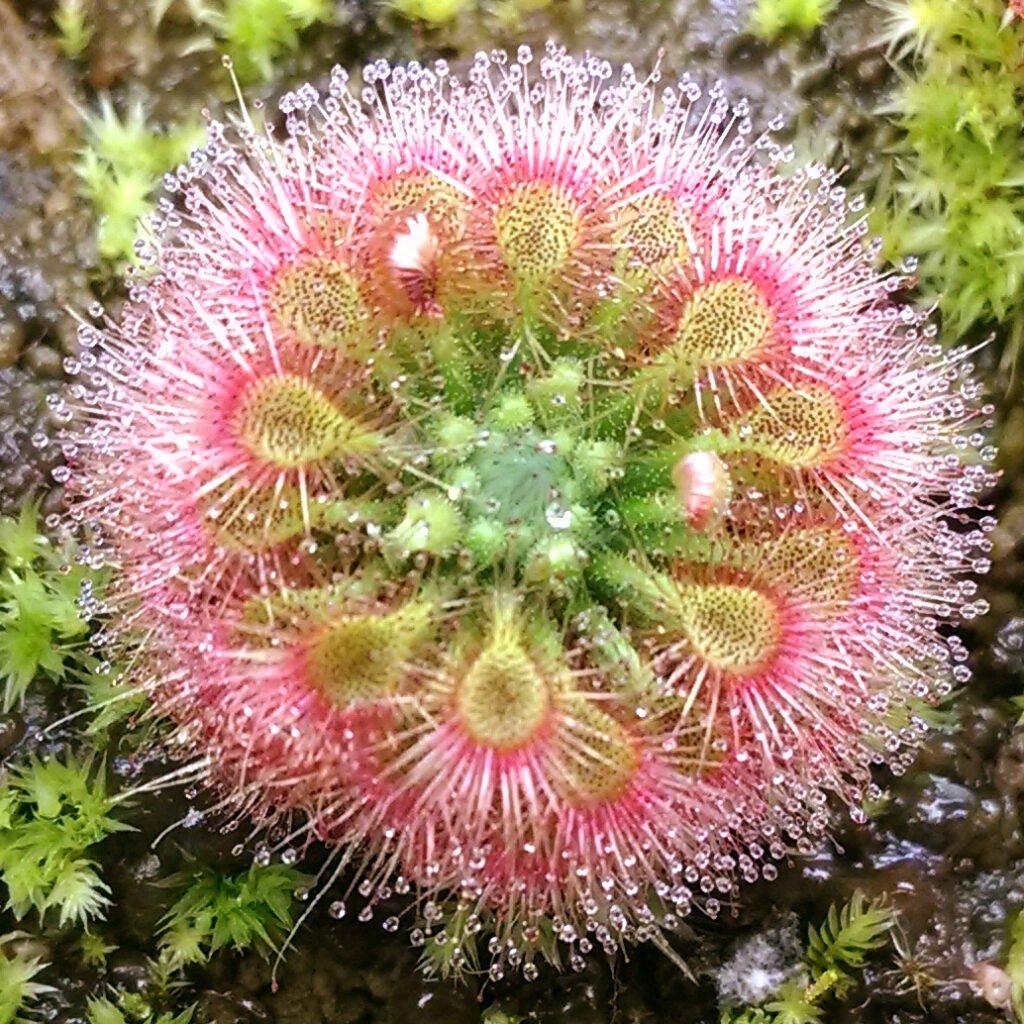
Physical Characteristics
Australian Sundews are small, herbaceous plants characterized by their rosettes of sticky, glandular leaves that sparkle with dew-like droplets. These droplets are actually a viscous fluid that traps insects. Once trapped, the leaves curl around the prey, secreting enzymes to digest it. The plant absorbs the nutrients from the prey, which supplements the poor soil nutrients in its natural habitat. The leaves are typically green with red glandular hairs, and the plants produce small, delicate flowers that can range in color from white to pink.
Nutrition, Foods to Avoid
Australian Sundews capture and digest insects to obtain essential nutrients. They do not require fertilization and can be harmed by traditional fertilizers. Instead, they should be allowed to capture their prey naturally. Avoid feeding them human food or large insects, as these can damage the plant.
Health and Diseases
Australian Sundews are relatively hardy but can suffer from root rot if overwatered or if the soil is not well-draining. Common pests include aphids and fungus gnats, which can be managed with insecticidal soap or neem oil. Ensuring proper watering practices and maintaining good air circulation can help prevent these issues.

Propagation Methods
Propagation of Australian Sundews can be achieved through several methods:
- Seed: Growing from seed is a rewarding but slow process that requires patience.
- Leaf Cuttings: Leaves can be placed on moist soil, where they will produce new plantlets.
- Division: Mature plants can be divided during repotting to create new plants.
Pricing Information
| Type | Average Price |
|---|---|
| Small potted plant | $10 – $20 |
| Mature potted plant | $20 – $40 |
| Rare species | $40 – $100+ |
Factors Affecting Price
- Plant Size and Age: Larger and more mature plants typically command higher prices.
- Species and Rarity: Rare or unusual species are more expensive.
- Health and Condition: Plants in optimal health with vibrant leaves and flowers are more valuable.
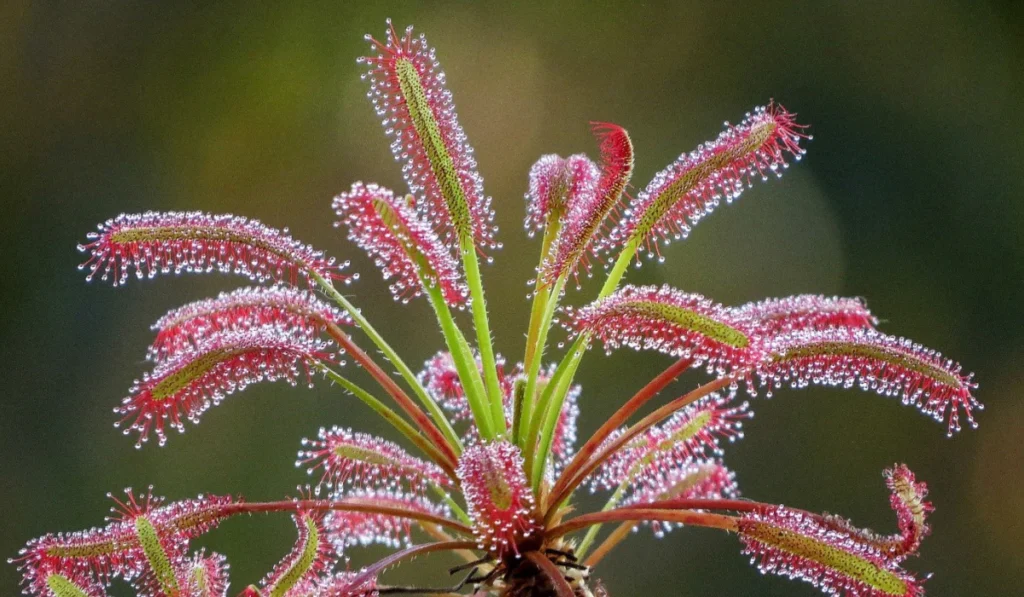
Price in Different Regions
| Region | Average Price |
|---|---|
| USA | $20 |
| Europe | €18 |
| Asia | ¥1500 |
FAQs
Q: How often should I water my Australian Sundew?
A: Keep the soil consistently moist but not waterlogged. Use distilled or rainwater to avoid mineral build-up.
Q: Can Australian Sundews be grown indoors?
A: Yes, Australian Sundews can thrive indoors if provided with bright, indirect light and maintained at appropriate humidity levels.
Q: Do Australian Sundews need a dormancy period?
A: Some species of Australian Sundews require a winter dormancy period with cooler temperatures, while others do not. It’s important to know the specific needs of your Sundew species.
Related Plants
Other carnivorous plants like Butterworts (Pinguicula) and Venus Flytraps (Dionaea muscipula) share similar care requirements and can be grown alongside Australian Sundews.
References
- International Carnivorous Plant Society
- Botanical Society of Australia
- National Geographic: Carnivorous Plants
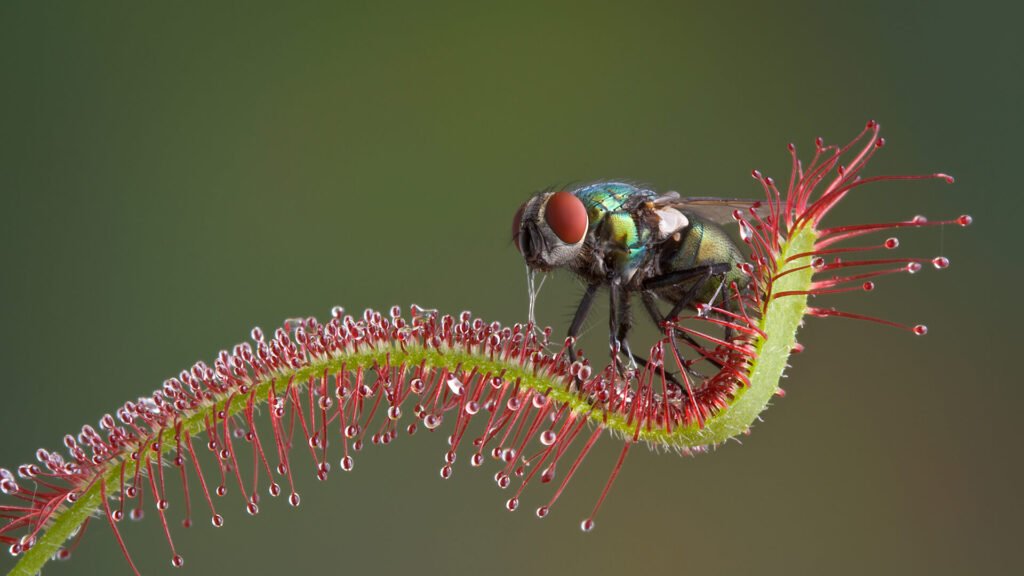
Categories
Carnivorous Plants, Indoor Gardening, Exotic Plants, Plant Propagation, Sustainable Gardening
This comprehensive guide provides all the essential information needed to cultivate and care for Australian Sundews successfully. Whether for personal enjoyment or as part of a larger collection, these fascinating plants offer a unique and rewarding gardening experience.
Views: 7

